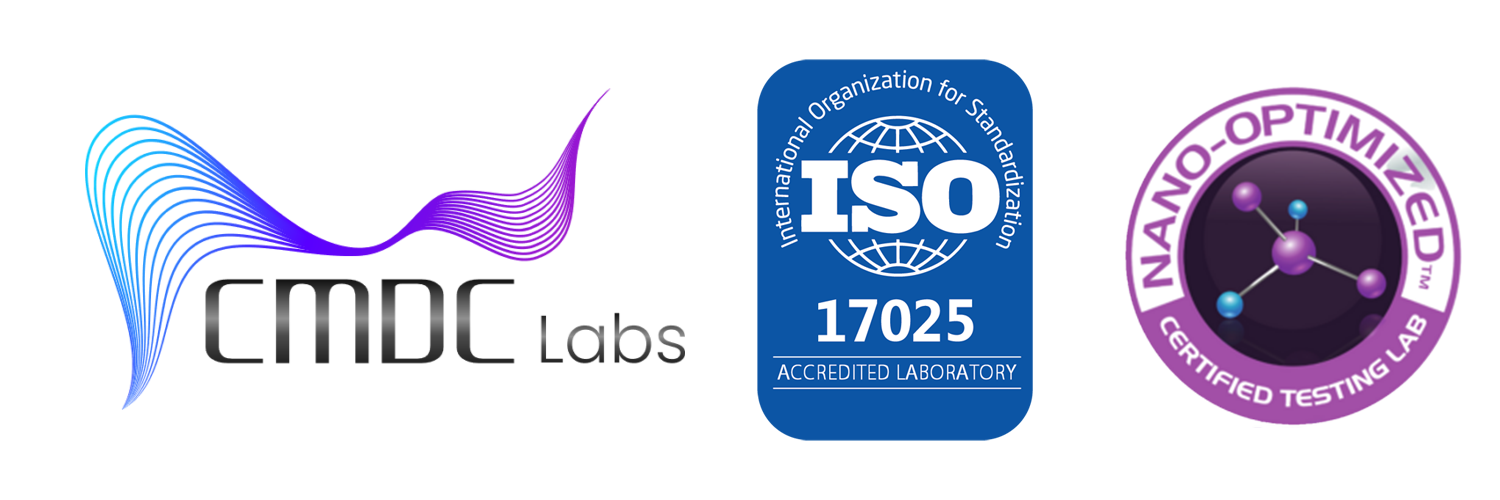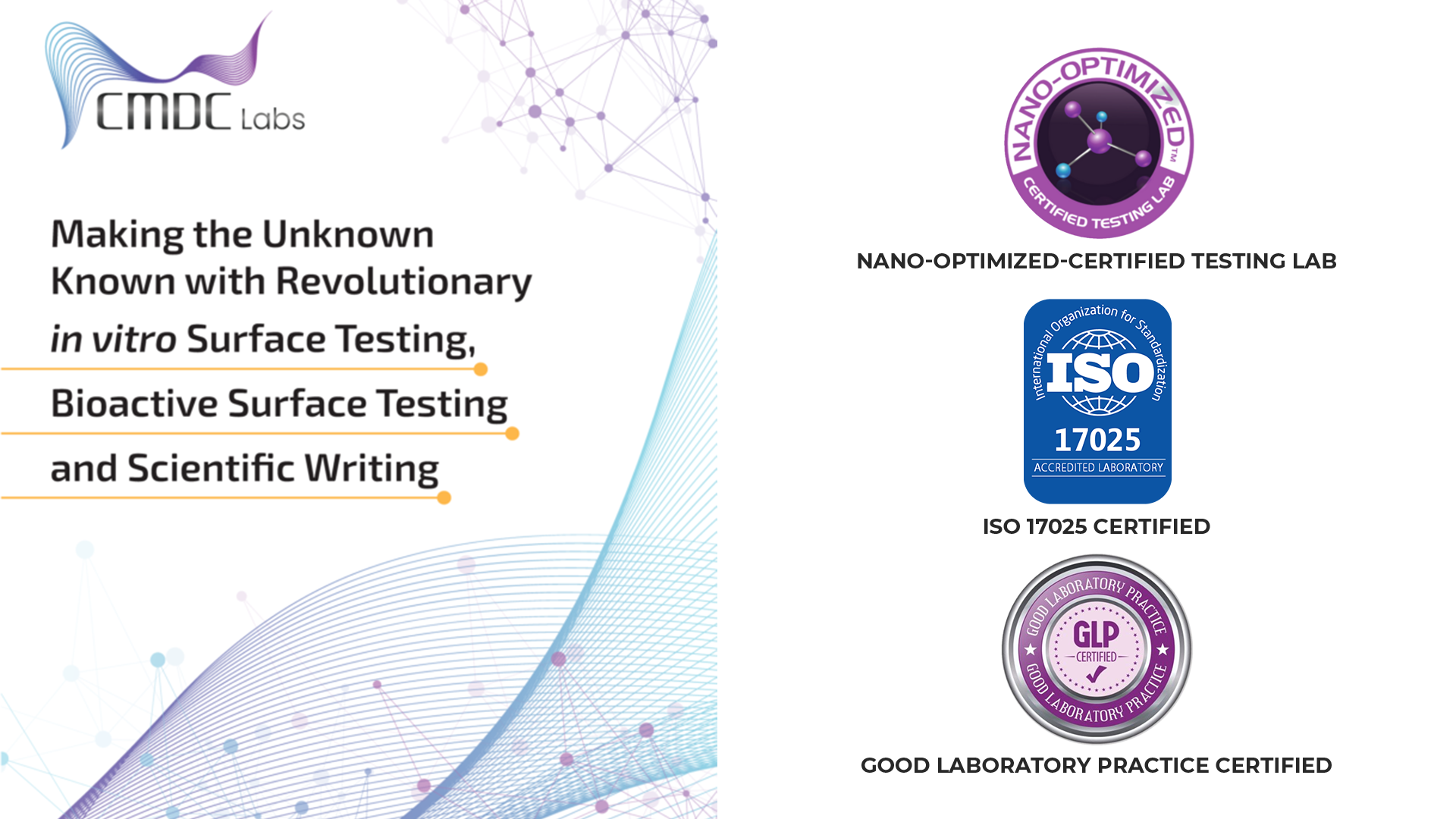Florida’s Department of Health is intensifying its food safety oversight. With new regulations placing stricter requirements on surface testing, microbial monitoring, and sanitation compliance, food safety labs now have an elevated role to play.
This isn’t just routine policy tightening. It’s a sign of shifting public health priorities—and a major opportunity for third-party testing facilities.
What’s Driving This Shift?
The recent spike in foodborne illness outbreaks across Florida prompted a closer examination of restaurant hygiene practices. The Health Department’s new stance is clear: compliance is no longer a checklist item—it’s a front-line defense against public health risks.
Updated guidance from Florida’s Bureau of Environmental Health now recommends or mandates:
- More frequent restaurant inspections
- Emphasis on surface cleanliness and microbial control
- Stricter penalties for failed hygiene audits
- Mandated environmental surface sampling in high-risk areas (food prep stations, cold storage, utensils, etc.)
The Role of Environmental Monitoring in Compliance
Environmental monitoring isn’t just about swabbing a few surfaces. It’s a strategic, data-driven process. The goal? To identify hidden risks before they translate into public exposure.
Microbial surface sampling can uncover pathogens like:
- Listeria monocytogenes
- Salmonella spp.
- E. coli O157:H7
- Norovirus and Hepatitis A (in high-density locations)
Labs conducting these analyses are now integral to the compliance ecosystem. Restaurants increasingly rely on third-party labs to validate their hygiene protocols and build defensible compliance records.
How Labs Support Florida’s Restaurant Safety Efforts
Food testing laboratories—especially those equipped with modern detection systems—play a critical role in:
- Routine Swab Testing
Validating daily, weekly, or monthly hygiene performance. - Outbreak Response
When illness occurs, labs provide fast, accurate microbial ID and tracing services. - Hygiene Audit Readiness
Helping restaurants prepare for official inspections with mock-audit data and SOP reviews. - Training & Education
Supporting staff training programs on cross-contamination risks and sample handling best practices.
How CMDC Labs Fits In
As a multidisciplinary testing facility, CMDC Labs supports Florida-based clients by offering:
- Environmental surface swab testing with rapid turnaround
- Custom hygiene audit panels tailored to restaurant SOPs
- Chemical analysis of cleaning agents to ensure proper dilution and food-contact safety
- Regulatory guidance to ensure compliance with Florida DOH standards
Why It Matters Now
Non-compliance isn’t just a fine—it’s a brand risk. Consumers today are hyper-aware of hygiene due to the pandemic legacy. A single food safety slip can trigger social media backlash, review site deterioration, or even legal action.
In this context, proactive testing and hygiene validation isn’t just regulatory—it’s reputational insurance.
What Restaurants Should Do Next
If you operate in Florida’s food service industry, here’s what to prioritize:
- Partner with a qualified testing lab for routine environmental monitoring.
- Implement a traceable hygiene audit system.
- Conduct monthly mock inspections and keep records of corrective actions.
- Train kitchen and maintenance staff on contamination hotspots.
These actions not only reduce public health risks—they also build trust with patrons and regulators alike.
Looking Ahead: The Future of Restaurant Compliance
With rising food safety standards and public scrutiny, proactive microbial monitoring will become the norm—not the exception. Labs like CMDC are positioned to be strategic partners in this new ecosystem.
We don’t just detect problems—we help prevent them.
Verified Sources:
- Florida Department of Health – Food Safety & Sanitation Program
- U.S. FDA – Food Code 2022
- CDC – Environmental Health Services

